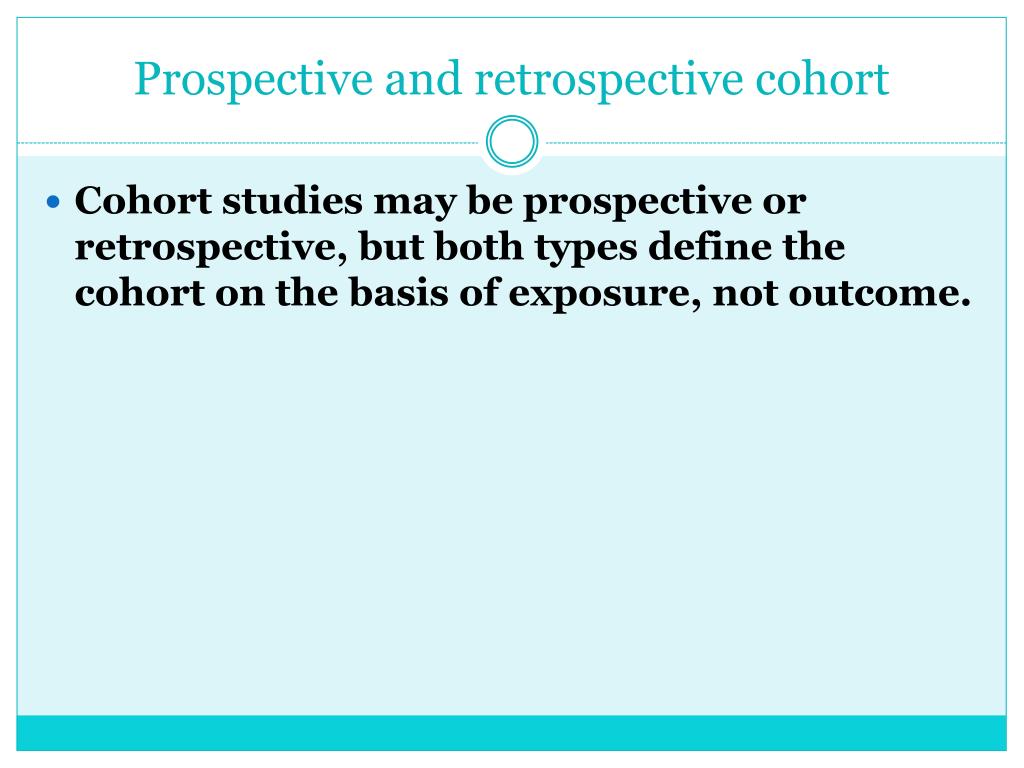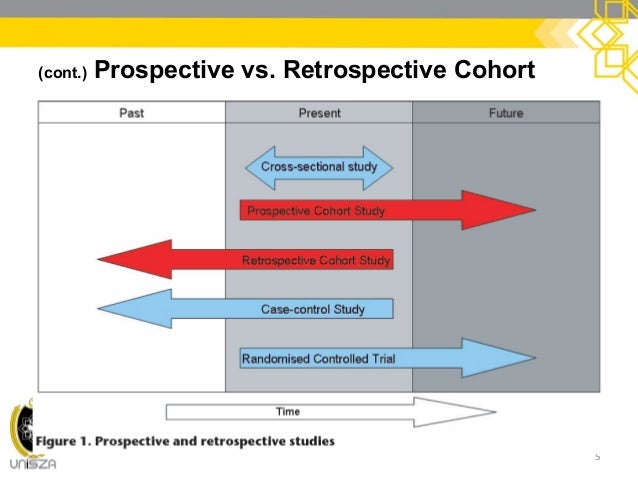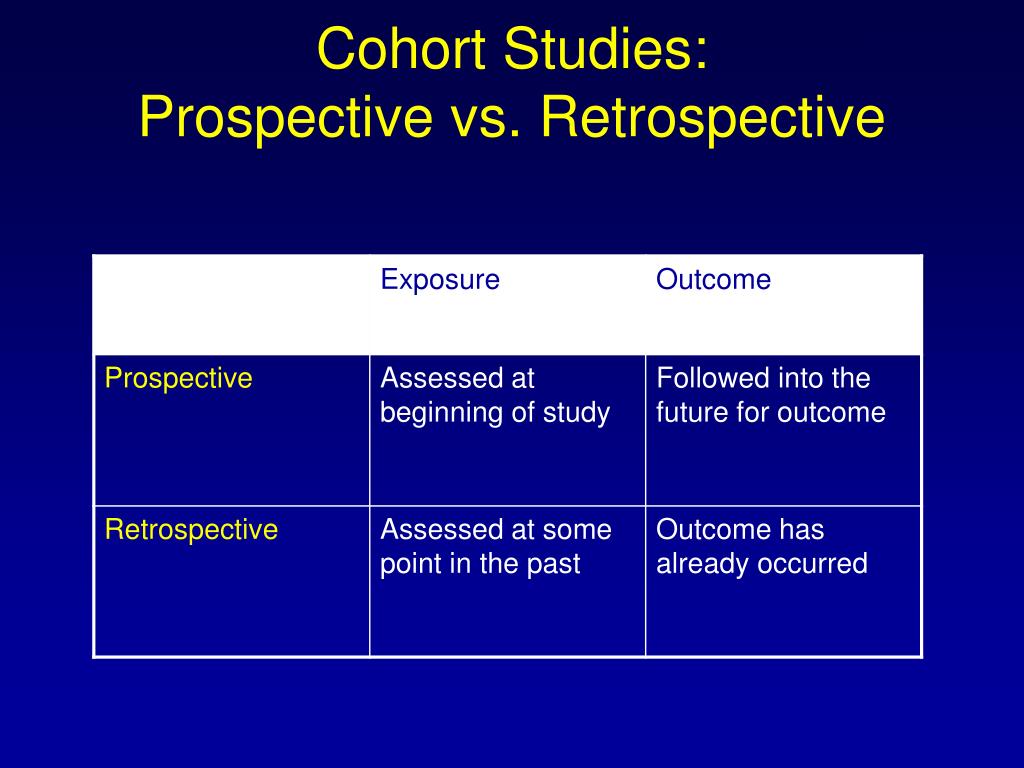

Retrospective Cohort StudyĪ retrospective cohort study allows the investigator to describe a population over time or obtain preliminary measures of association to develop future studies and interventions. It is very important in a case-control study that the cases be as similar to the controls on all factors except the outcome of interest.

Cases and controls are established based on the presence of the condition, and exposure is assessed by looking back over time.

#Definition retrospective study series
A retrospective case series is the description of a group. In both retrospective and prospective studies, subjects do not have the disease or outcome state present prior to the baseline observation measurement. In a retrospective case-control study the investigator can quickly estimate the effect of an exposure on outcome status. A retrospective study uses existing data that have been recorded for reasons other than research. We’ll discuss two types of retrospective studies: Obtain preliminary measures of association.Quickly estimate the effect of an exposure on an outcome.How do you write a methodology for a retrospective study Table 1 Conception. In addition, it’s an important moment to gather feedback on what went well and what did not. The general purpose is to allow the team, as a group, to evaluate its past working cycle. Study a rare outcome for which a prospective study is not feasible. An unfavorable change in the health of a participant, including abnormal laboratory findings, that happens during a clinical study or within a certain amount of. A Retrospective is a ceremony held at the end of each iteration in an agile project.In general, the reasons to conduct a retrospective study are to: A retrospective study design allows the investigator to formulate ideas about possible associations and investigate potential relationships, although causal statements usually should not be made.Īn investigator conducting a retrospective study typically utilizes administrative databases, medical records, or interviews with patients who are already known to have a disease or condition. In a retrospective study, the outcome of interest has already occurred at the time the study is initiated.


 0 kommentar(er)
0 kommentar(er)
